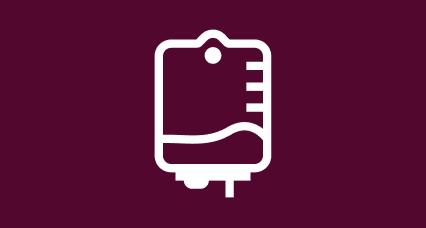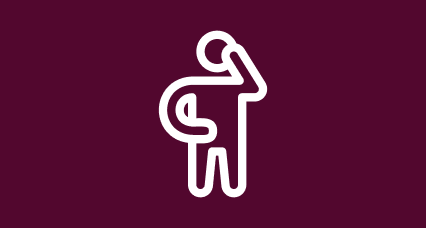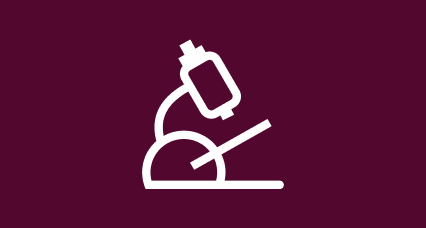Follicular lymphoma treatment and side effects
Treatment for follicular lymphoma aims to reduce the amount of cancer cells in your body. Most people respond well to treatment, and will be able to try more treatment if the lymphoma comes back. Treatment options are increasing all the time as doctors and scientists research new drugs and approaches.
Understanding treatment for follicular lymphoma
Find out more about the aims of treatment for follicular lymphoma. We also have information on what to do if you don't want to have treatment or don't need it yet.
Treatment explained

Types of treatment for follicular lymphoma
Treatment options for follicular lymphoma currently include immunotherapy, chemotherapy and radiotherapy. Read more about the treatment you may have and what to expect from your appointments.
Treatment types

Side effects of treatment
You may experience some side effects from treatment for follicular lymphoma. Find out what this might look like, and how to manage any effects you get.
More about side effects

Monitoring your response to treatment
Read more about what to expect after your treatment for follicular lymphoma ends. This includes guidance on coping with relapse, transformation and refractory disease.
After treatment
This information about follicular lymphoma is accredited with the PIF TICK, the UK's only quality mark for trusted health information.
Last full review April 2025. Next full review due April 2028. We may make factual updates to the information between reviews.
We would like to thank Consultant Haematologists Dr Pam McKay and Dr Jin-Sup Shin for checking the clinical accuracy of this information, and Clinical Nurse Specialist Samantha Darby for her guidance and support. Thank you also to Sarah, Sue, Malcolm, Allison, Jacqueline and Russell for supporting this project and sharing their experience of living with follicular lymphoma.
